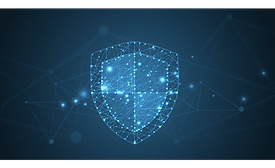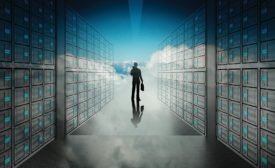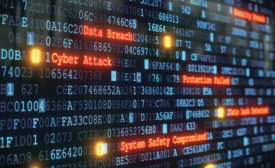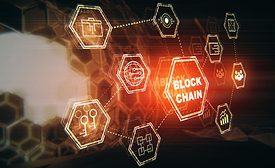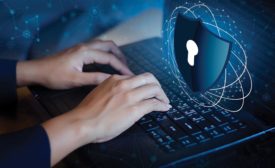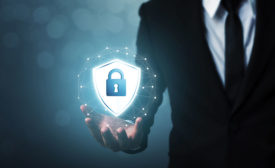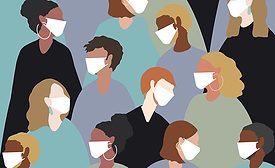Cybersecurity News
Most Americans willing to forego personal data privacy to combat spread of COVID-19 and return to work faster
Survey also found Baby Boomers more likely to say they would allow employers to take their temperature, compared to Gen X and Millennials.
June 25, 2020
Sign-up to receive top management & result-driven techniques in the industry.
Join over 20,000+ industry leaders who receive our premium content.
SIGN UP TODAY!Copyright ©2024. All Rights Reserved BNP Media.
Design, CMS, Hosting & Web Development :: ePublishing
